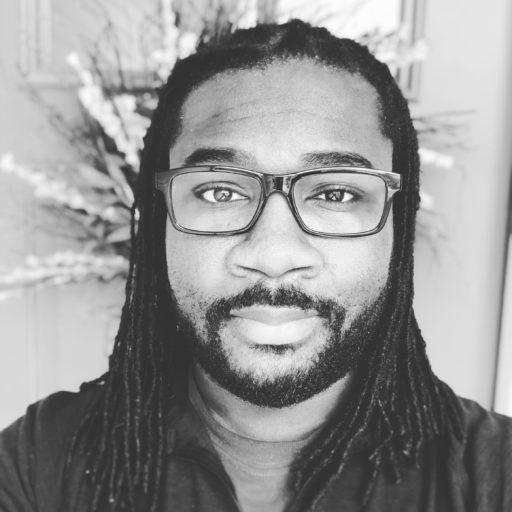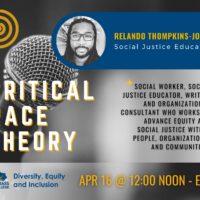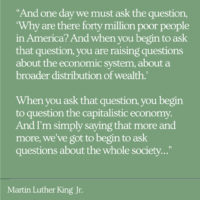My approach to working toward social justice pays attention to the importance of building relationships, education through consciousness raising and the sharing of personal experiences, the search for connections to others in those experiences, and addressing the root causes that contribute to conflicts caused by inequity. I seek to improve intergroup relations by honestly acknowledging and addressing
Read the rest of my Vision & Values Statement
I work with students, faculty, and staff in institutions of higher education on college campuses, as well as with community groups, and secondary schools creating, planning, and implementing experiential activities and projects that advance diversity, inclusion, equity, and social justice.
Request me to work with your organization, community group, K-12 school, or college class, or other groups and/or settings.
The work is interactive and highly participatory and can be fashioned to meet the needs of the audience/population.
Example Topics Include :
An Introduction to Social Justice Education
Understanding Microaggressions
My Social Justice Origin Story
Skills for Intergroup Dialogue
Creating an Inclusive Culture
Understanding the Cycle of Socialization
Cultural Hegemony: an Introduction to Dominant Narratives
Leading with Equity in Mind: Applied Critical Leadership
Navigating Spaces: an Introduction to Intersectionality
Critical Self-Reflection for Individuals, Groups, and Organizations
Storytelling for Social Justice
Social Justice Elitism
Areas of Awareness in Social Justice Education
Socialization Awareness:
Thinking critically about how we became the people we are today through the lens of exploring our personal and social identities
Exploring the situational contexts in which some of our social identities are more salient than others, and how those realities influence how we move through spaces.
Considering how our experiences interacting with systems, structures and policies contributed to who we are as people with multiple identities.
Social Identity Awareness:
How our multiple social identities interact. Ex. Race, Class, Gender Identity, Sexual Orientation, Religion, Age, Ability, etc.
Our understanding of our social locations within networks of power, privilege, and oppression.
How our experiences within our multiple social identities influences our level of comfort, skills, and awareness of working in solidarity with groups that we aren’t a part of.
Systems Awareness:
Thinking critically about how the structures of privilege and oppression overlap and intersect in ways that impact the life trajectories of people from different social identity groups.
Considering how power and privilege are connected to and maintained in a wide variety of institutions.
Building our capacity to address systems of oppression in our work.
Visit my Workshops/Speaking page for more examples of what I have done in the past, and learn more about what people are saying about my work.











